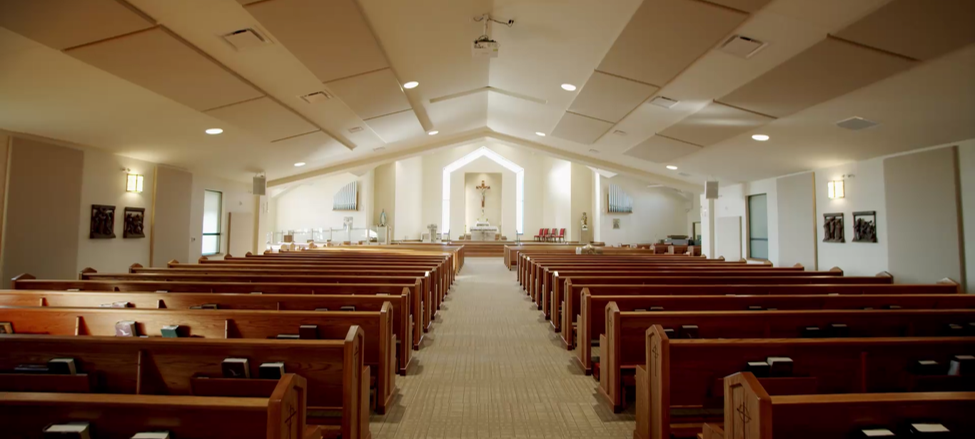- 主頁
- 我們的社群
- 我們的信仰
- 堂區生活
- Sacraments
- 公告欄
- 聯络我們
- 搜索

The Value of Patristic Studies in the Modern Age
The leadership at St. Augustine’s Seminary is designing a Licentiate program in Patristics – it will be the first program dedicated to Patristics in Canada when it rolls out in the 2023-2024 academic year. Fr. Robert John Dodaro, former President of the Patristric Institute Augustinianum in Rome, offers an overview on this subject.
1. What is Patristics?
It comes from the Latin word pater, which means father. So, Patristics is the study of the Fathers of the Church, their biographies and their teachings.
2. How is the study of the Fathers of the Church relevant to the realities of today and in teaching theology and scriptures?
That’s a big question. The Fathers of the Church provide the foundation for the Catholic faith. Now, a lot of people will say, well, no that comes from the New Testament. The New Testament is the primary source for theology, certainly, and it was the primary source for the Fathers of the Church. However, the Fathers of the Church established the very foundations of the Catholic faith – the Creeds, for example, the Sacraments, Canon Law, the Christological beliefs that we have, the Trinitarian beliefs. All of these come out of the Patristic period. They are foundational for the entire history of Theology.
The Doctors of the Middle Ages drew from the Fathers of the Church for their theology. You can see that they use the Fathers of the Church as a source for medieval theology and it’s been a source for theology up until today.
3. By launching this program, is St. Augustine’s encouraging a deeper study in theology?
Certainly the Holy See considers Patristics to be fundamental to theology, and so they asked seminaries to develop a longer period of time to study the Fathers. The Licentiate program at St. Augustine’s will be a specialization within Theology. I would argue that Patristics is the right place to begin because it’s the foundational area for all of Catholic theology, all of Christian theology, really, but especially of Catholic theology. If you study the Fathers of the Church, and this is a question of relevance also, you’re really studying the most important issues of the Church today.
4. How can the study of the Fathers enrich seminary and lay formation?
Theology itself depends on the Patristic period, it depends on the Fathers of the Church. I would add another area, and that is spirituality. Some of the greatest spirituality or theology of the spiritual life, comes from the Fathers of the Church. Their preaching and spiritual writings give a broad introduction to not only the history of spirituality but to the actual spirituality practiced in the Church today.
5: Who are some of the Fathers of the Church from the Patristic period?
There’s Augustine of Hippo; St. Irenaeus; St. Athanasius, particularly known for his support of the Nicene Creed; Cyril of Jerusalem; Hilary of Poitiers; Leo the Great. Of course there are the three great Eastern Fathers: Gregory of Nyssa, Gregory of Nazianzus, and Basil the Great.
Their work on Trinitarian Theology was extremely important. Those are just a few of the key names. There’s also Origen who, while not technically a Father of the Church, is considered extremely important and influential.
To learn more about Patristics, tune into Fr. Robert Dodaro’s webinar on October 18 at 5 p.m., The Heroic Ideal in Augustine, the first in a series of Patristic talks organized by the Pontifical Faculty of Theology at St. Augustine’s Seminary: https://staugustines.on.ca/events-listing/patristic-talks2022. To read the original Q&A, please click here.
